
In a professional context it often happens that private corporate clients publication to be made and presented with the actual


Symptoms can include irregular periods, severe PMS, mood swings, weight gain, and acne.
Regular exercise, a balanced diet, stress management, and maintaining a healthy weight can help regulate menstrual cycles.
Risk factors include insulin resistance, obesity, a sedentary lifestyle, and a family history of PCOS.
Chronic stress can disrupt hormonal balance, leading to irregular periods, missed periods, or more severe menstrual symptoms.
Treatment options include over-the-counter pain relief, hormonal birth control, lifestyle changes, and in some cases, medical procedures.
The Conditions we Work with
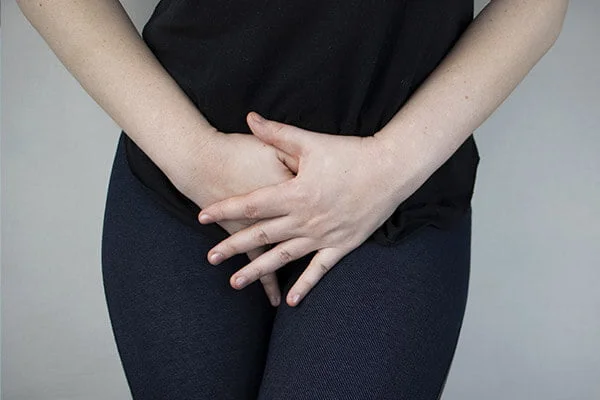

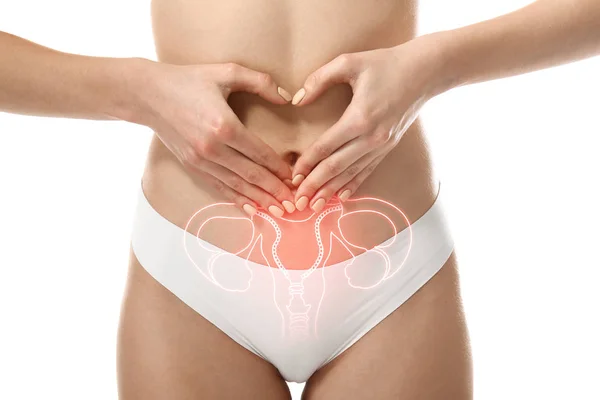
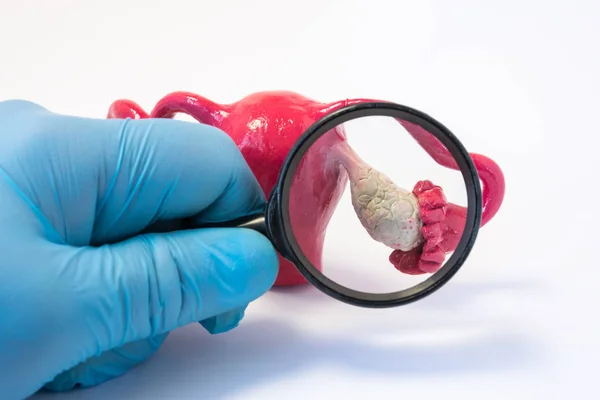

Our female health care professionals who specialise in women’s health will guide you and support you throughout your health journey. Shared Maternity Care Provider, Dr Vajna Rafeek will be happy to provide majority of your pregnancy care in the clinic itself. Your pregnancy care will be shared with The Royal Women’s Hospital, The Northern Health, The Western Health or The Mercy Hospital for Women, Heidelberg depending on your residential address. Your baby will be born in hospital. Our healthcare professionals will endeavour to make your experience as comfortable as possible.
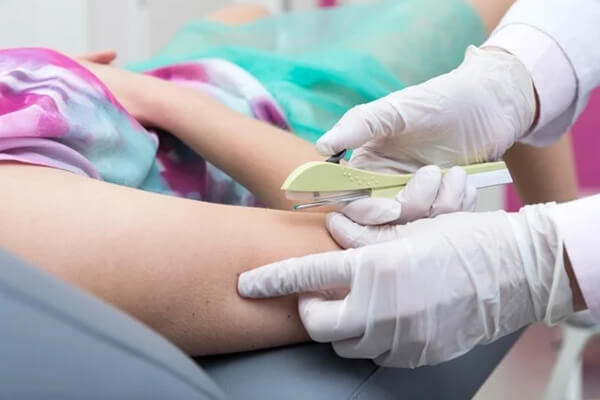
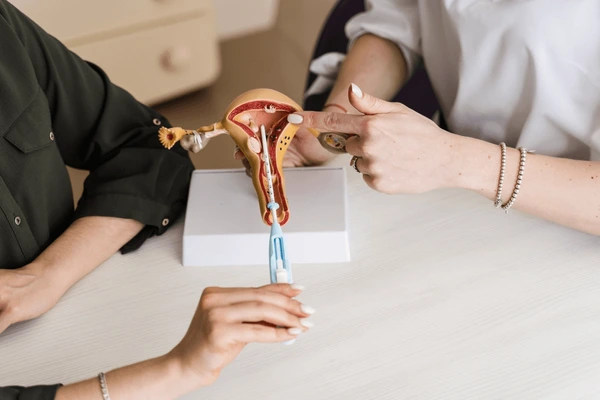
Menstrual and Hormonal Health Solutions
130 Craigieburn Road, Craigieburn Vic 3064
3, Hanson Road, Craigieburn Vic 3064